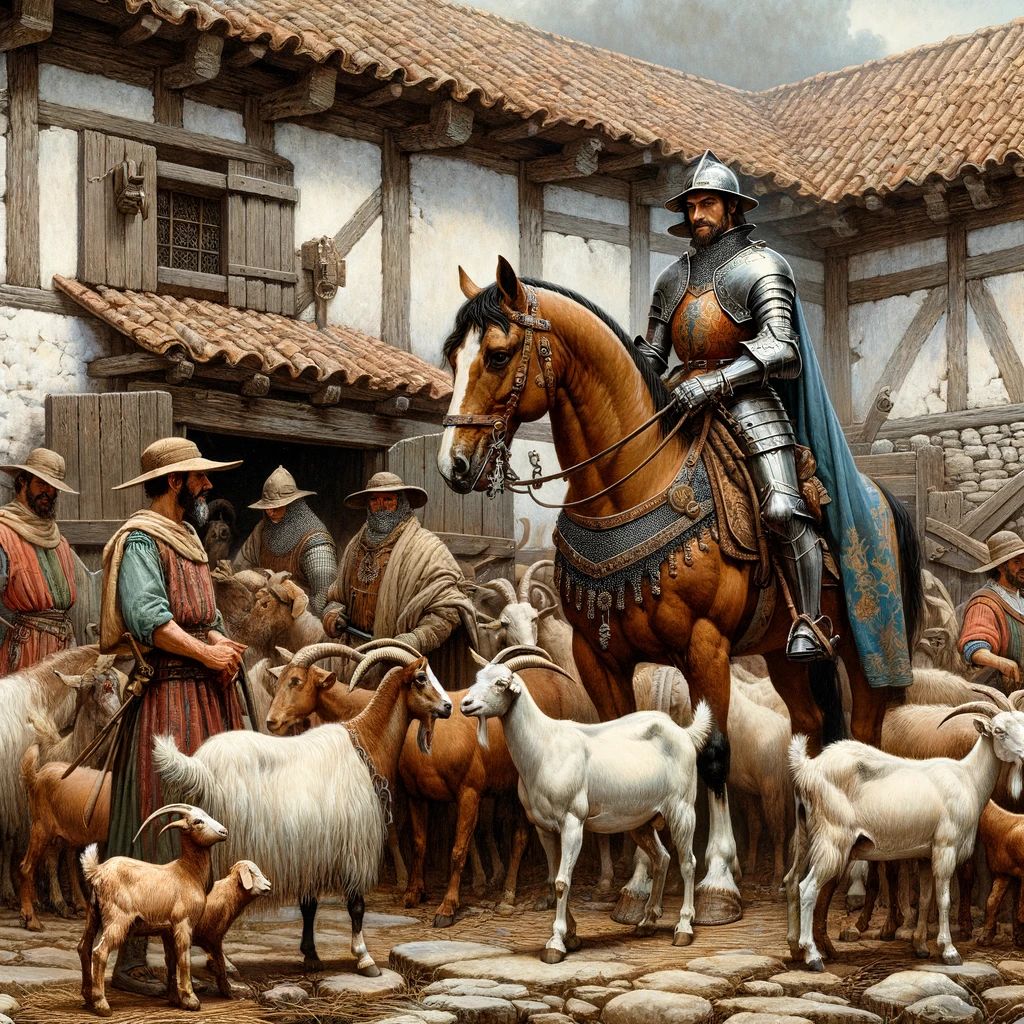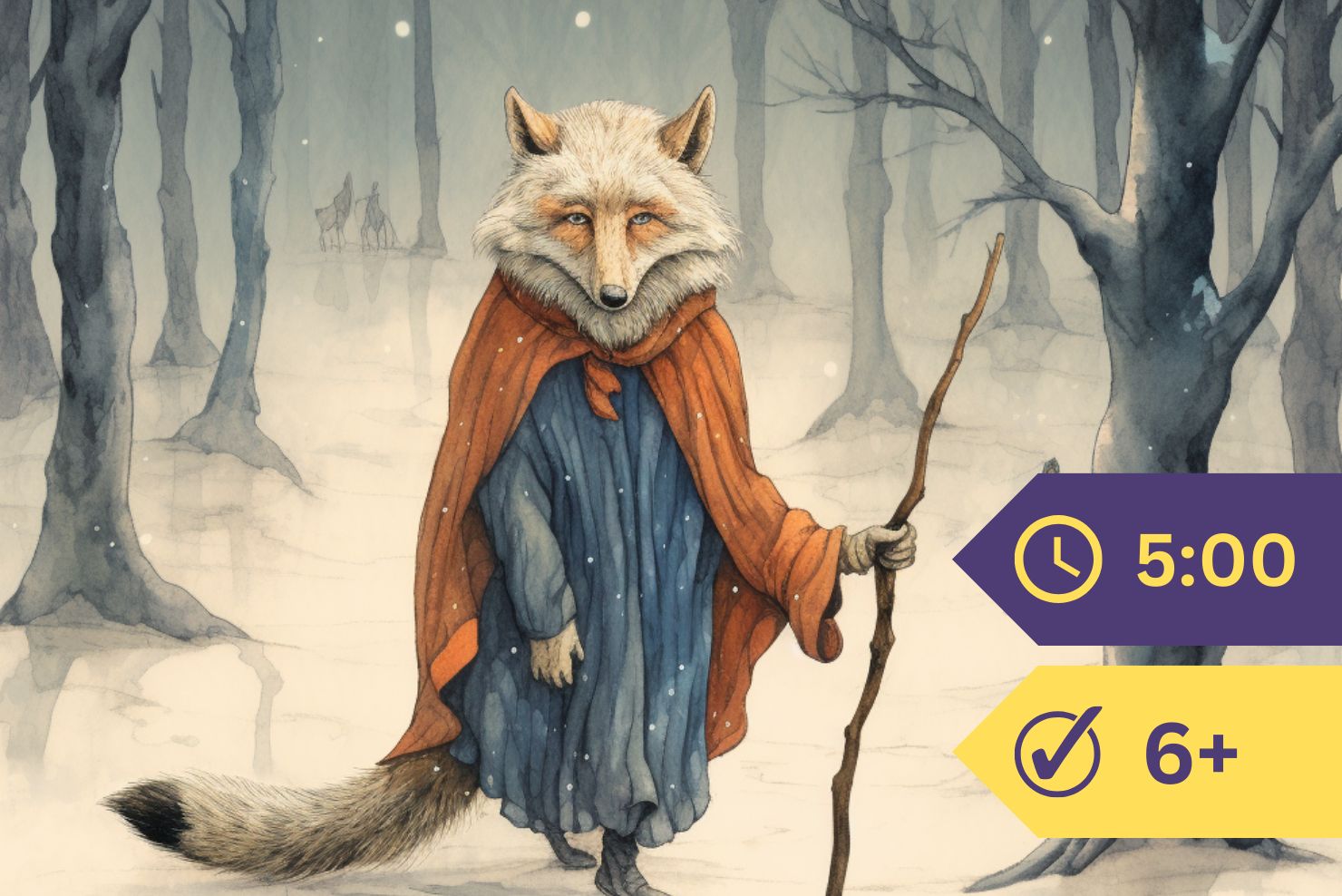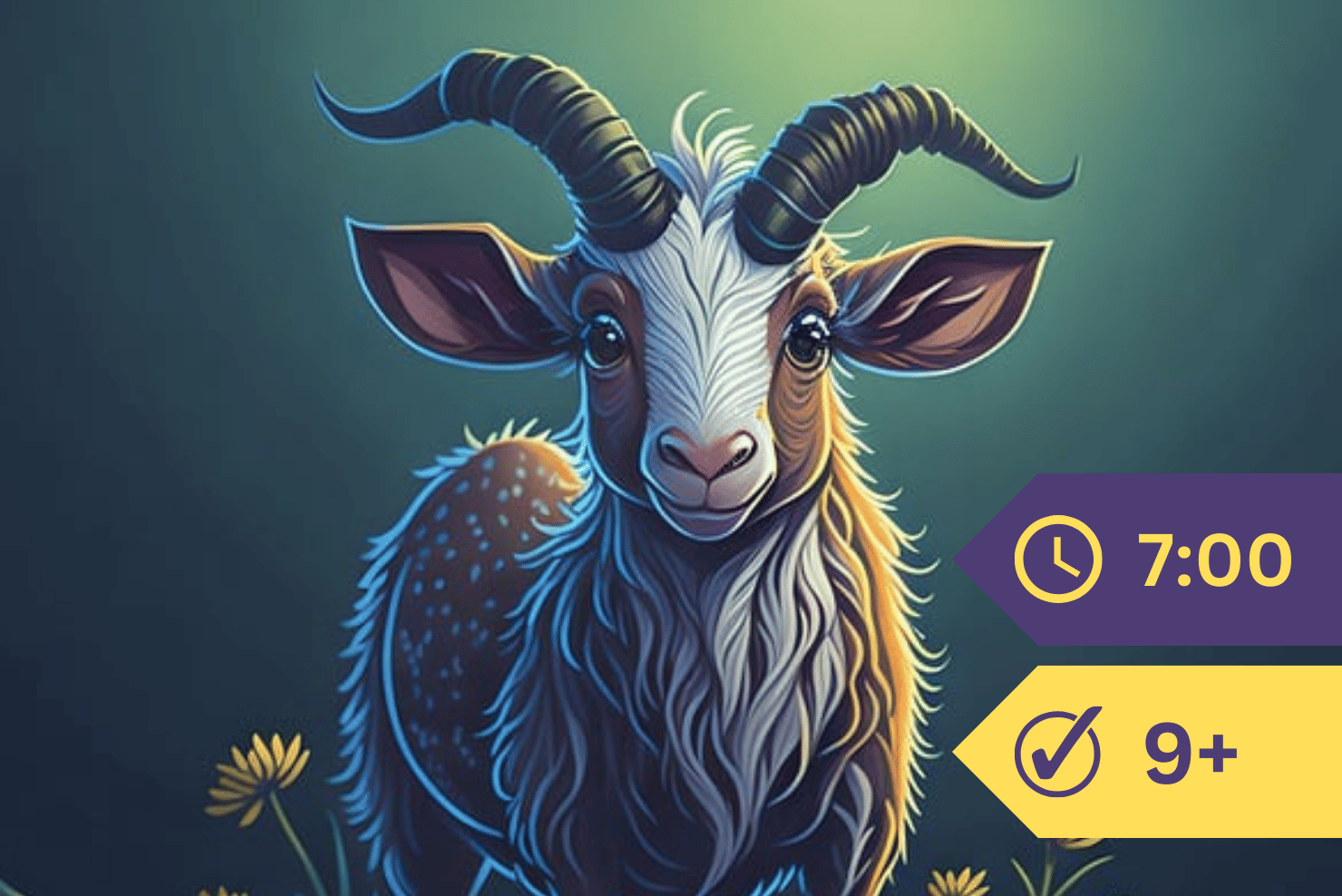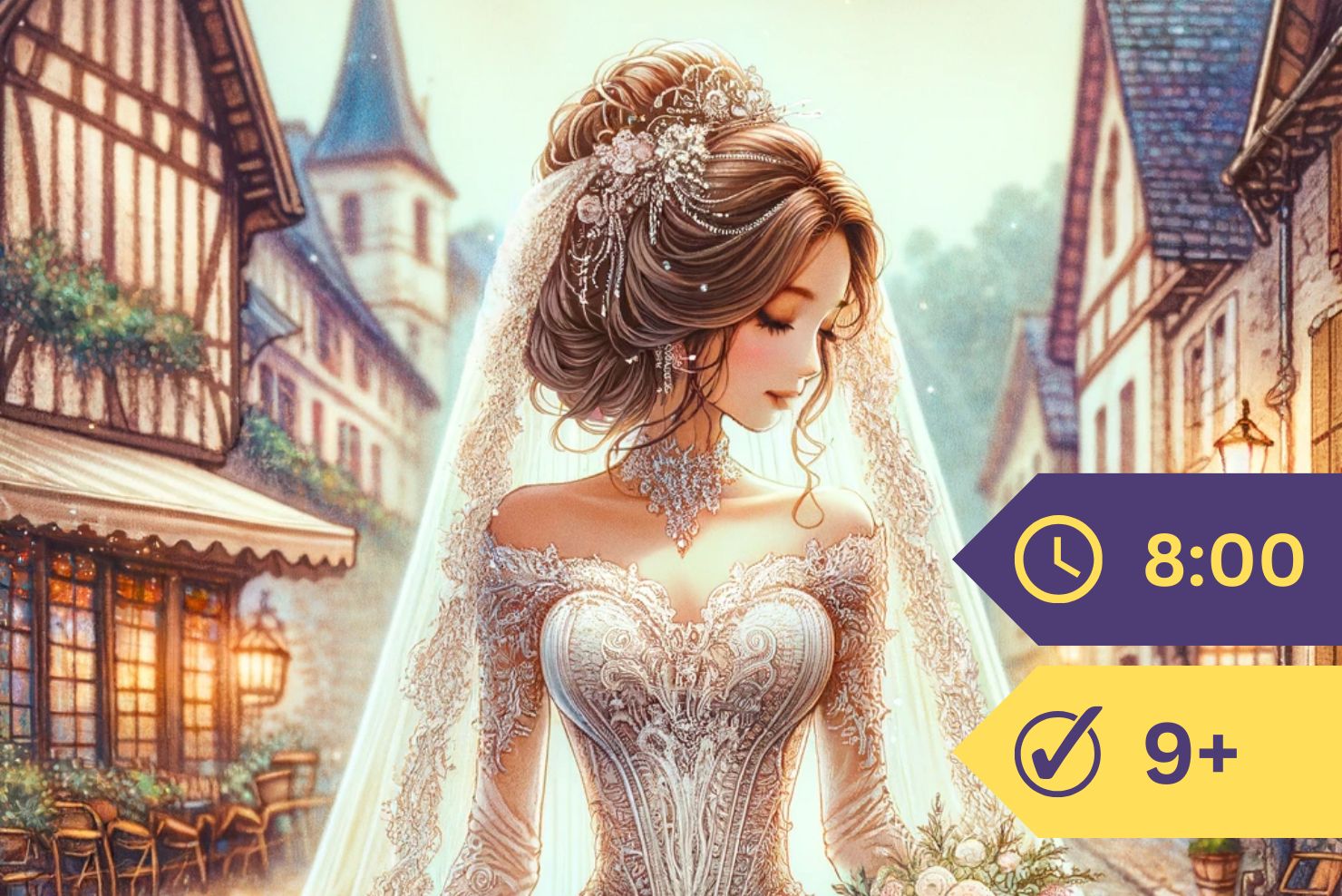As they rode along, Don Quixote turned to his squire and said to him: “Tell me now in very good earnest, didst thou ever see a more valorous knight than I am throughout the face of the earth? Didst thou ever read in histories of any other that hath or ever had more courage in fighting, more dexterity in wounding, or more skill in overthrowing?”
“The truth is,” replied Sancho, “that I have never read any history whatever, for I can neither read nor write. But what I dare wager is, that I never in my life served a bolder master than you are, and I only trust that all this boldness does not land us within the four walls of the gaol.”
“Peace, friend Sancho,” said Don Quixote, “when didst thou read of a knight-errant that was brought before the judge though he killed ever so many people?”
“I have read nothing, as you know, good master; but a truce to all this, let me attend to your wound, for you are losing a good deal of blood in that ear, and I have got some lint and a little white ointment in my wallet.”
“That,” said Don Quixote, “would have been unnecessary if I had remembered to make a bottleful of the balsam of Fierabras, for with only one drop of it both time and medicines are saved.”
“What balsam is that, then?” asked Sancho Panza.
“It is a balsam, the receipt of which I have in my memory, and whoever possesses it need not fear death nor think to perish by any wound. Therefore after I have made it and given it unto thee, thou hast nothing else to do but when thou shalt see that in any battle I be cloven in twain, than deftly to take up the portion of the body which is fallen to the ground and put it up again on the half which remains in the saddle, taking great care to fix it exactly in the right place. Then thou shalt give me two draughts of the balsam I have mentioned, and I shall become as sound as an apple.”
“If that be true,” said Sancho, “I renounce from now the government of the promised island, and will demand nothing else in payment of my services but only the receipt of this precious liquor. But tell me, is it costly in making?”
“With less than three reals” said Don Quixote, “a man may make three gallons of it. But I mean to teach thee greater secrets than this, and do thee greater favours also. And now let me dress my wound, for this ear pains me more than I would wish.”
Sancho took out of his wallet his lint and ointment to cure his master. But before he could use them Don Quixote saw that the visor of his helmet was broken, and he had like to have lost his senses. Setting his hand to his sword, he cried: “I swear an oath to lead the life which was led by the great Marquis of Mantua when he swore to revenge the death of his nephew Baldwin, which was not to eat off a tablecloth, nor to comb his hair, nor to change his clothes, nor to quit his armour, and other things which, though I cannot now remember, I take as said, until I have had complete revenge on him that hath done this outrage.”
“Look, your worship, Sir Don Quixote.” said Sancho, when he heard these strange words, “you must note that if the Biscayan has done what you told him, and presented himself before my Lady Dulcinea of Toboso, then he has fully satisfied his debt, and deserves no other penalty unless he commits a new fault.”
“Thou hast spoken well and hit the mark truly,” answered Don Quixote; “and, therefore, in respect of that, I set the oath aside. But I make it and confirm it again, that I will lead the life I have said, until I take by force another helmet as good as this from some other knight.”
“Such oaths are but mischief,” said Sancho discontentedly, “for tell me now, if by chance we do not come across a man armed with a helmet, what are we to do? Do but consider that armed men travel not these roads, but only carriers and waggoners, who not only wear no helmets, but never heard them named all the days of their life.”
“Thou art mistaken in this,” said Don Quixote, “for we shall not have been here two hours before we shall see more knights than went up against Albraca to win Angelica the Fair.”
“So be it,” said Sancho, “and may all turn out well for us, that the time may come for the winning of that island which is costing me so dear.”
“Have no fear for thine island, Sancho Panza,” said Don Quixote; “and now look if thou hast aught to eat in thy wallet, for soon we should go in search of some castle where we may lodge the night and make the balsam of which I have spoken, for in truth this ear of mine pains me greatly.”
“I have got here an onion and a bit of cheese and a few crusts of bread, but such coarse food is not fit for so valiant a knight as your worship.”
“How little dost thou understand the matter,” replied Don Quixote, “for it is an honour to knights-errant not to eat more than once a month, and if by chance they should eat, to eat only of that which is next at hand! And all this thou mightest have known hadst thou read as many books as I have done. For though I studied many, yet did I never find that knights-errant did ever eat but by mere chance, or at some costly banquets that were made for them. And the remainder of their days they lived on herbs and roots. Therefore, friend Sancho, let not that trouble thee which is my pleasure, for to a knight-errant that which comes is good.”
“Pardon me, sir,” said Sancho, “for since I can neither read nor write, as I have already told you, I have not fallen in rightly with the laws of knighthood. But from henceforth my wallet shall be furnished with all sorts of dried fruits for your worship, because you are a knight, and for myself, seeing I am none, I will provide fowls and other things, which are better eating.”
So saying he pulled out what he had, and the two fell to dinner in good peace and company.
But being desirous to look out for a lodging for that night, they cut short their meagre and sorry meal, mounted at once a-horseback, and made haste to find out some dwellings before night did fall.
But the sun and their hopes did fail them at the same time, they being then near the cabins of some goatherds. Therefore they determined to pass the night there. And though Sancho’s grief was great to lie out of a village, yet Don Quixote was more joyful than ever, for he thought that as often as he slept under the open heaven, so often did he perform an act worthy of a true knight-errant.
They were welcomed by the goatherds very cordially, and Sancho, having put up Rozinante and his ass the best way he could, made his way towards the smell given out by certain pieces of goat’s flesh which were boiling in a pot on the fire. And though he longed that very instant to see if they were ready, he did not do so, for he saw the goatherds were themselves taking them off the fire and spreading some sheep-skins on the ground, and were laying their rustic table as quickly as might be. Then with many expressions of good will they invited the two to share in what they had. Those who belonged to the fold, being six in number, sat round on the skins, having first with rough compliments asked Don Quixote to seat himself upon a trough which they placed for him turned upside down.

Don Quixote sat down, but Sancho remained on foot to serve him with the cup which was made of horn. Seeing him standing, his master said: “That thou mayest see, Sancho, the good which is in knight-errantry, and how fair a chance they have who exercise it to arrive at honour and position in the world, I desire that here by my side, and in company of these good people, thou dost seat thyself, and be one and the same with me that am thy master and natural lord. That thou dost eat in my dish and drink in the same cup wherein I drink. For the same may be said of knight-errantry as is said of love, that it makes all things equal.”
“Thanks for your favour,” replied Sancho, “but I may tell your worship that provided I have plenty to eat I can eat it as well and better standing and by myself, than if I were seated on a level with an emperor. And, indeed, if I speak the truth, what I eat in my corner without ceremony, though it be but a bread and onion, smacks much better than turkeycocks at other tables, where I must chaw my meat leisurely, drink but little, wipe my hands often, nor do other things that solitude and liberty allow.”
“For all that,” said Don Quixote, “here shalt thou sit, for the humble shall be exalted,” and taking him by the arm, he forced his squire to sit down near himself.
The goatherds did not understand the gibberish of squires and knights-errant, and did nothing but eat, hold their peace, and stare at their guests, who with great relish were gorging themselves with pieces as big as their fists. The course of flesh being over, the goatherds spread on the skins a great number of parched acorns and half a cheese, harder than if it had been made of mortar. The horn in the meantime was not idle, but came full from the wineskins and returned empty, as though it had been a bucket sent to the well.
After Don Quixote had satisfied his appetite, he took up a fistful of acorns, and beholding them earnestly, began in this manner: “Happy time and fortunate ages were those which our ancestors called Golden: not because gold—so much prized in this our Iron Age—was gotten in that happy time without any labours, but because those who lived in that time knew not these two words, Thine and Mine. In that holy age all things were in common. No man needed to do aught but lift up his hand and take his food from the strong oak, which did liberally invite them to gather his sweet and savoury fruit. The clear fountains and running rivers did offer them transparent water in magnificent abundance, and in the hollow trees did careful bees erect their commonwealth, offering to every hand without interest the fertile crop of their sweet labours.” Thus did the eloquent knight describe the Golden Age, when all was peace, friendship, and concord, and then he showed the astonished goatherds how an evil world had taken its place, and made it necessary for knights-errant like himself to come forward for the protection of widows and orphans, and the defence of distressed damsels. All this he did because the acorns that were given him called to his mind the Golden Age. The goatherds sat and listened with grave attention, and Sancho made frequent visits to the second wine-skin during his discourse. At length it was ended, and they sat round the fire, drinking their wine and listening to one of the goat herds singing, and towards night, Don Quixote’s ear becoming very painful, one of his hosts made a dressing of rosemary leaves and salt, and bound up his wound. By this means being eased of his pain, he was able to lie down in one of the huts and sleep soundly after his day’s adventures.
Don Quixote spent several days among the goatherds, and at length, when his wound was better, he thanked them for their hospitality, and rode away in search of new adventures, followed by the faithful Sancho.
They came to a halt in a pleasant meadow rich with beautiful grass, by the side of a delightful and refreshing stream, which seemed to invite them to stop and spend there the sultry hours of noon, which were already becoming oppressive.
Don Quixote and Sancho dismounted, and leaving Rozinante and Dapple loose, to feed on the grass that was there in plenty, they ransacked the wallet, and without any ceremony fell to eating what they found in it.
Sancho had neglected to tie up Rozinante, and, as luck would have it, a troop of Galician ponies belonging to some Yanguesian carriers, whose custom it is to rest at noon with their teams in spots and places where grass and water abound, were feeding in the same valley.
It must be believed that Rozinante supposed that the grass the ponies were feeding on was better than his own; but be that as it may, he started off at a little swift trot to feed among them. They resented his appearance, and, as he sought to enter their ranks and feed among them, they received him with their heels and teeth, with such vigour that in a trice he had burst his girth, and his saddle was stripped from his back. But the worst of all was that the carriers, taking part with their own ponies, ran up with stakes and so belaboured him that they brought him to the ground in a sore plight.
Upon this Don Quixote and Sancho, who witnessed the basting of Rozinante, came running up all out of breath, and Don Quixote said to Sancho: “From what I see, friend Sancho, these be no knights, but base, rascally fellows of low breeding. I say this, that thou mayest freely aid me in taking vengeance for the wrong which they have done to Rozinante before our eyes.”
“What vengeance can we take,” replied Sancho, “when there are more than twenty, and we are but two—nay, perhaps but one and a half?”
“I count for a hundred,” said Don Quixote, and without further parley he drew his sword and flew upon the Yanguesians, boldly followed by Sancho Panza.
With his first blow Don Quixote pierced a buff coat that one of them wore, wounding him grievously in the shoulder. Then the Yanguesians, finding themselves so rudely handled by two men only, they being so many, betook themselves to their stakes, and hemming in their adversaries in the midst of them, they laid on with great fury. In fact the second thwack brought Sancho to the ground, and the same fate soon befell Don Quixote, whose dexterity and courage availed him nothing, for he fell at the feet of his unfortunate steed, who had not yet been able to arise.
Then, seeing the mischief they had done, the Yanguesians loaded their team with as much haste as possible, and went their way, leaving the adventurers in a doleful plight and a worse humour.






